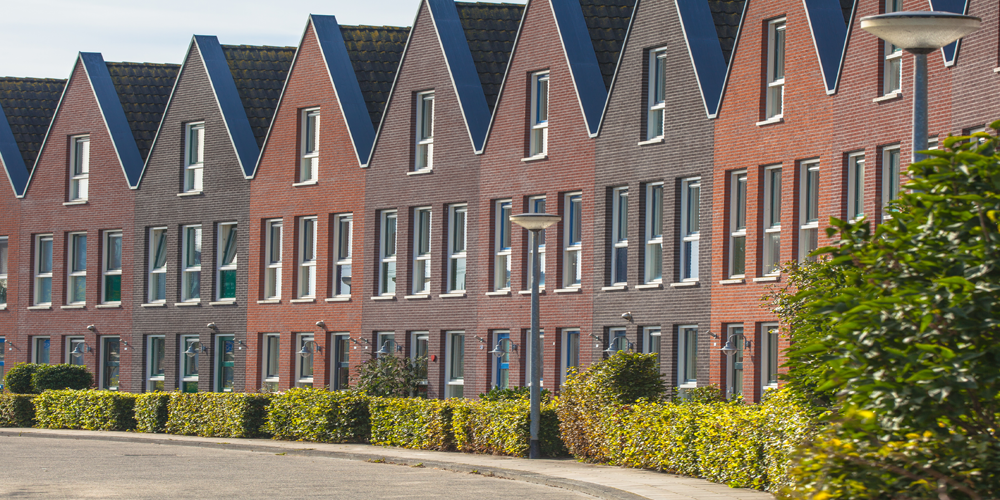The United Kingdom is facing a significant housing crisis that demands urgent attention. The shortage of housing has become a pressing issue affecting not only individuals and families but also the overall socioeconomic fabric of the nation. As the population continues to grow and demand for housing increases, it is crucial to address this issue promptly and effectively. Let’s explore the reasons why more housing is desperately needed in the UK.
1️⃣ Growing Population: The UK’s population has been steadily increasing over the years, mainly due to factors such as improved healthcare, longer life expectancy, and net migration. This population growth has put immense pressure on the housing market, resulting in skyrocketing property prices, unaffordable rents, and an insufficient supply of suitable accommodation.
2️⃣ Increased Demand: There is a high demand for housing in the UK, driven by various factors. Young adults are staying in education for longer periods, delaying homeownership. Additionally, there has been a rise in single-person households, partly due to changes in lifestyle and demographics. The demand for social housing, particularly for vulnerable and low-income individuals, also remains high. Meeting this demand requires a substantial increase in housing supply.
3️⃣ Affordability Crisis: The shortage of housing has resulted in a severe affordability crisis across the country. Many individuals and families find it increasingly difficult to secure suitable housing within their budget. The widening gap between income levels and housing costs has led to a situation where housing has become unaffordable for a significant portion of the population. This crisis not only impacts individuals’ quality of life but also contributes to inequality and social exclusion.
4️⃣ Homelessness and Insecurity: The lack of housing options has exacerbated homelessness in the UK. Many people are forced to sleep rough or live in temporary accommodation, which not only compromises their safety but also their physical and mental well-being. Moreover, the scarcity of affordable and stable housing has created a sense of housing insecurity, as individuals face the constant risk of eviction or homelessness.
5️⃣ Economic Impact: The housing shortage has broader economic implications. Insufficient housing supply affects the labor market by limiting job opportunities for workers who cannot afford to live in the areas where jobs are available. It also leads to higher housing costs, reducing disposable income that could otherwise be spent on other goods and services, thus impacting local businesses and economic growth.
Addressing the housing crisis requires a comprehensive approach and collaboration between government, policymakers, local authorities, and the private sector. Some potential solutions include:
🔹 Increasing the supply of affordable housing, including social housing, to cater to the diverse needs of the population.
🔹 Encouraging the construction of new homes through incentives and streamlined planning processes.
🔹 Promoting innovative housing solutions, such as modular and sustainable housing, to expedite construction and reduce costs.
🔹 Investing in infrastructure and transportation to unlock potential housing sites and create sustainable communities.
🔹 Enhancing support for first-time buyers and renters through accessible financial schemes and affordable housing options.
The need for more housing in the UK is undeniable. It is crucial to recognise that adequate housing is a fundamental right and a vital component of social and economic well-being. By addressing this crisis head-on, we can build a stronger, more inclusive society where everyone has a place to call home.
